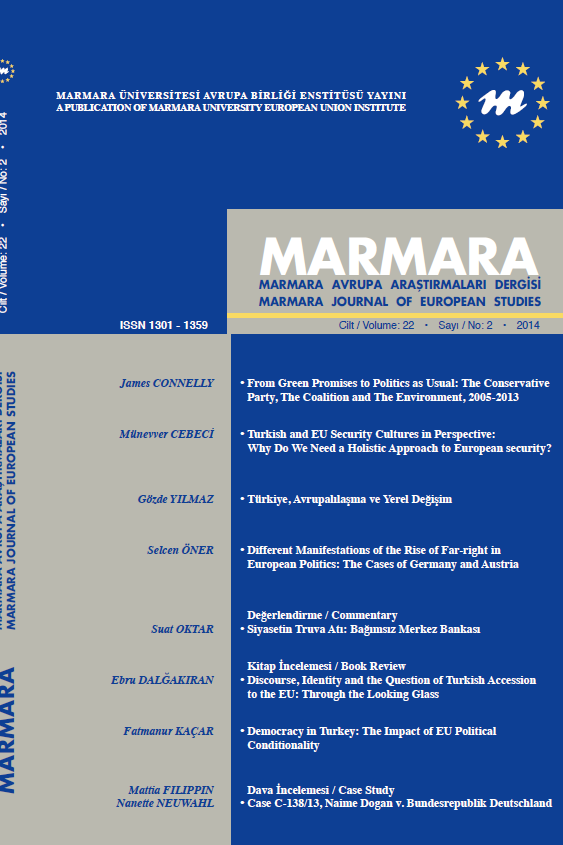INTERPRETATION OF TAX TREATIES
Nations benefit economically when their companies work abroad and develop their strength in international markets. Economic power also brings international political power and prestige. When dealing with international business, taxation is one o f the most important problems. Double taxation, which is to tax the same profit by two or more countries, is a serious obstacle that confronts international enterprises. Unless double taxation is avoided it will be difficult for enterprises to conduct international business profitably. Without the existence of a general multilateral tax treaty, in practice countries use bilateral tax treaties to prevent international double taxation. An important source of difficulty lies in the interpretation of treaties. When the terms in international double taxation agreements are not clear, uncertainities are created. This affects countries' tax revenues, because , two different interpretations are possible. The conflict between countries regarding the lack or existence of an obligation can translate into extremely large amounts ofmoney. In practice some guidelines are used, such as the Vienna Convention on the Law of Treaties. Also, some schools of though offer liberal, strict or teleological interpretation to find the real meaning of the terms. In general, courts have tended to use a liberal interpretation, in order to find the countries' intention concerning the relevant articles or terms. However, in some cases the strict interpretation has been used which is based on the meaning o f the words used in the main text.
Anahtar Kelimeler:
-
INTERPRETATION OF TAX TREATIES
___
- -
- ISSN: 1301-1359
- Yayın Aralığı: Yılda 2 Sayı
- Yayıncı: Marmara Üniversitesi
Sayıdaki Diğer Makaleler
REGIONALISM AND EMERGING MARKETS: An Analysis of Turkey's Trade with the BSEC and the EU
TOWARDS A NEW MEDITERRANEAN UNITY: The Case of the EMA
TURKEY-EUROPEAN UNION RELATIONS AFTER THE HELSINKI SUMMIT
THE FUTURE OF THE EUROPEAN UNION AND TURKEY
INTERPRETATION OF TAX TREATIES
DOES TRADE LIBERALISATION MATTER?: An Analysis of Intra-Industry Trade for Turkey and the EU
COPENHAGEN POLITICAL CRITERIA AND TURKEY'S NATIONAL PROGRAMME FOR THE ADOPTION OF THE EU ACQUIS
AN ASSESSMENT OF THE CONVENTION FROM THE POINT OF THE CANDIDATE COUNTRIES
